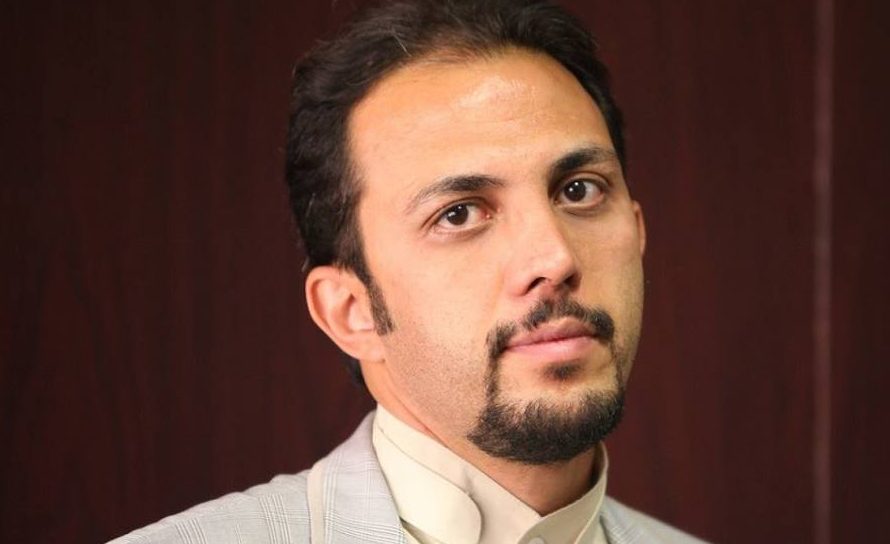Iranian Journalist Sentenced to Six Years in Prison Without Lawyer

Revolutionary Court Blocked Hamed Aynehvand From Using Lawyer of His Choice
Political journalist Hamed Aynehvand has been sentenced to six years in prison without the presence of his lawyer on the basis of charges brought by Iran’s Islamic Revolutionary Guard Corps’ (IRGC), the Center for Human Rights in Iran (CHRI) has learned.
Aynehvand, who was arrested after criticizing state policies in his writings, was convicted without due process or a chance to present his defense because the court wouldn’t allow him to choose his own lawyer, telling him to instead pick one from a list approved by the judiciary.
On December 25, 2018, attorney Hossein Bayat told the state-run Islamic Republic News Agency (IRNA) that Aynehvand had been sentenced to six years in prison by Branch 28 of the Revolutionary Court in Tehran presided by Judge Mohammad Moghiseh on charges of “propaganda against the state” and “assembly and collusion against national security.” The sentence would be appealed, Bayat added.
“Mr. Bayat was lawfully representing Hamed’s case but Judge Moghiseh rejected him because he is not on the list of lawyers trusted by the head of the judiciary and therefore the trial took place in the absence of his lawyer and without presenting a defense,” a friend of Aynehvand told CHRI on January 2, 2019.
“He was in solitary confinement for a month and a half and questioned almost every day but the interrogators did not find anything against him except his published articles, which were presented by the IRGC to Judge Moghiseh who accepted all of them as evidence,” added the source who requested anonymity.
Known as a judge that bends to the wishes of state officials and security agencies in cases involving political charges, Moghiseh is responsible for sentencing numerous peaceful activists, dissidents and minorities to long prison terms under trumped-up national security charges.
Agents of the IRGC’s Intelligence Organization arrested Aynehvand on June 28, 2018, as he was leaving the National Library in Tehran.
His analytical articles on political and judicial issues in the country have been published by several media outlets in Iran, including the government newspaper, Iran, and news sites based abroad, such as Iran Global, Zeitoon and Gooya.
Defending Yourself Against the State by Using a State-Approved Lawyer?
Iran’s Constitution sets no limits or conditions on the right to legal counsel and Article 35 states, “Both parties to a lawsuit have the right in all courts of law to select an attorney, and if they are unable to do so, arrangements must be made to provide them with legal counsel.”
According to Article 48 of Iran’s Criminal Procedures Regulations, people also have the right to ask for and have a meeting with a lawyer as soon as they are detained.
But the “Note to Article 48” makes exceptions: “In cases of crimes against internal or external security…during the investigation phase, the parties to the dispute are to select their attorneys from a list approved by the head of the judiciary.”
In January 2018, shortly after the list of state-approved lawyers based on the Note to Article 48 was issued to judicial offices throughout Iran, 155 lawyers called on Judiciary Chief Sadegh Larijani to stop restricting detainees’ access to legal counsel.
Since then, at least seven defense attorneys have been detained or prevented from representing their clients.






